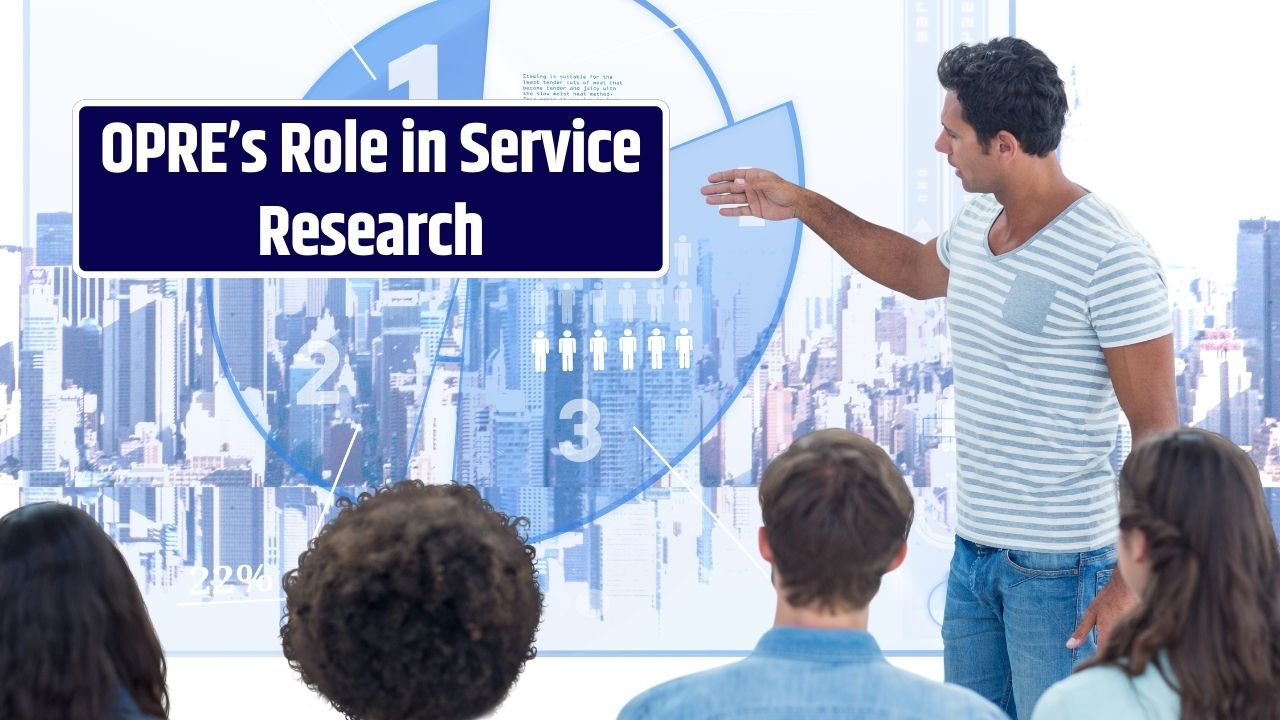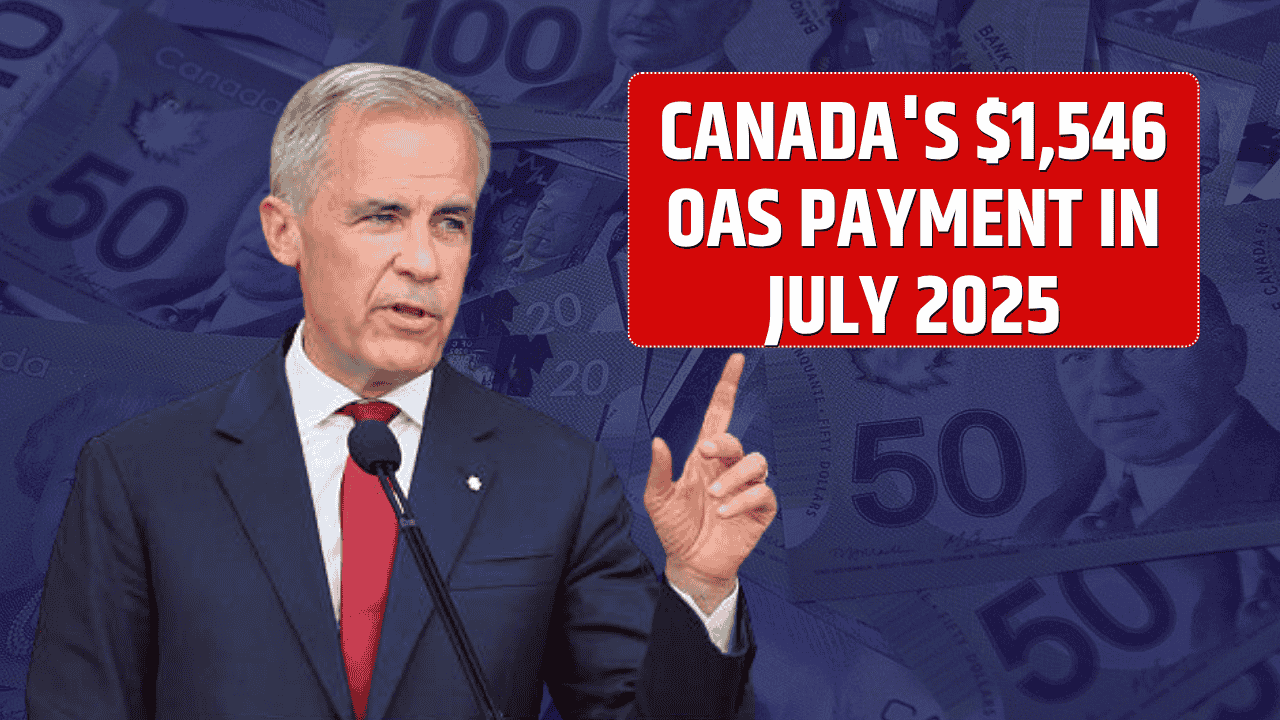The Office of Planning, Research, and Evaluation (OPRE) is playing a central role in transforming how human services programs are studied, understood, and improved in the United States. As part of the Administration for Children and Families (ACF) under the U.S. Department of Health and Human Services (HHS), OPRE supports rigorous research and evaluation that guides better policy decisions and promotes equitable, evidence-based practices across a wide range of programs.
Here’s how OPRE is advancing research in the human services sector—and why it matters.
Table of Contents
Supporting Evidence-Based Policy
One of OPRE’s main goals is to ensure that public policies and programs are grounded in solid evidence. Through contracts and grants, OPRE funds large-scale evaluations, pilot studies, and methodological research focused on:
- Child welfare
- Early childhood education
- TANF and economic mobility
- Family strengthening
- Youth development
By funding diverse research portfolios, OPRE enables policymakers to make informed decisions that improve the lives of children and families—especially those from historically underserved communities.
Promoting Methodological Innovation
OPRE isn’t just focused on what we evaluate—it’s just as invested in how we evaluate. The agency is widely recognized for pushing the boundaries of research methodology in human services. It sponsors initiatives and gatherings like the OPRE Methods Meetings, where federal and academic researchers explore cutting-edge approaches to:
- Causal inference in complex settings
- Use of administrative and longitudinal data
- Mixed-methods and qualitative research
- Rapid-cycle evaluation
- Equity-focused evaluation frameworks
These efforts strengthen the quality and credibility of federal evaluations, ensuring findings are both reliable and relevant to today’s policy challenges.
Advancing Equity in Evaluation
In recent years, OPRE has taken deliberate steps to integrate equity into every stage of research—from study design and data collection to analysis and dissemination. This includes:
- Engaging communities and stakeholders in research planning
- Identifying and addressing biases in data or evaluation methods
- Ensuring findings are inclusive and representative
This focus ensures that federally funded research not only reflects diverse experiences but also contributes to more equitable outcomes in service delivery and policy.
Investing in Capacity Building
OPRE also helps build capacity within the human services research field by supporting:
- Research fellowships for graduate students and early-career scholars
- Technical assistance for state and local agencies conducting evaluations
- Data access initiatives that make administrative data more usable for research
- Partnerships with universities and research organizations
These efforts expand the pipeline of skilled evaluators and ensure that the knowledge generated is translated into practice.
Key Focus Areas and Initiatives
Here’s a snapshot of the key program areas OPRE supports:
| Program Area | Example Projects Funded by OPRE |
|---|---|
| Child Welfare | Evaluation of child abuse prevention programs |
| Early Childhood | Head Start Family and Child Experiences Survey (FACES) |
| Economic Mobility | TANF and employment-focused demonstration projects |
| Family Strengthening | Responsible fatherhood and healthy marriage programs |
| Youth Development | Interventions for disconnected youth |
These programs not only inform federal decision-making but also help local service providers refine and improve their efforts on the ground
Collaborating Across Sectors
OPRE works in close collaboration with academic institutions, nonprofit research organizations, and other federal agencies. This cross-sector approach:
- Encourages diverse perspectives in research
- Improves the applicability of findings
- Fosters innovation through shared expertise
Whether through peer-reviewed reports, data toolkits, or public webinars, OPRE makes a concerted effort to disseminate its findings broadly and accessibly.
As the demand for data-driven, equitable, and effective human services grows, OPRE remains at the forefront—investing in research that not only answers today’s questions but also anticipates tomorrow’s needs. Through innovation, inclusion, and collaboration, OPRE is reshaping the role of research in public service.
FAQs
What does OPRE stand for?
Office of Planning, Research, and Evaluation.
How does OPRE select what projects to fund?
Projects are typically selected through competitive funding announcements that align with federal priorities and research needs.
Can students or academics get involved with OPRE?
Yes. OPRE offers fellowships, internships, and contract opportunities for researchers and graduate students.
What is OPRE’s role in policymaking?
OPRE provides evidence and evaluation results that help federal and state policymakers improve program design and delivery.


























